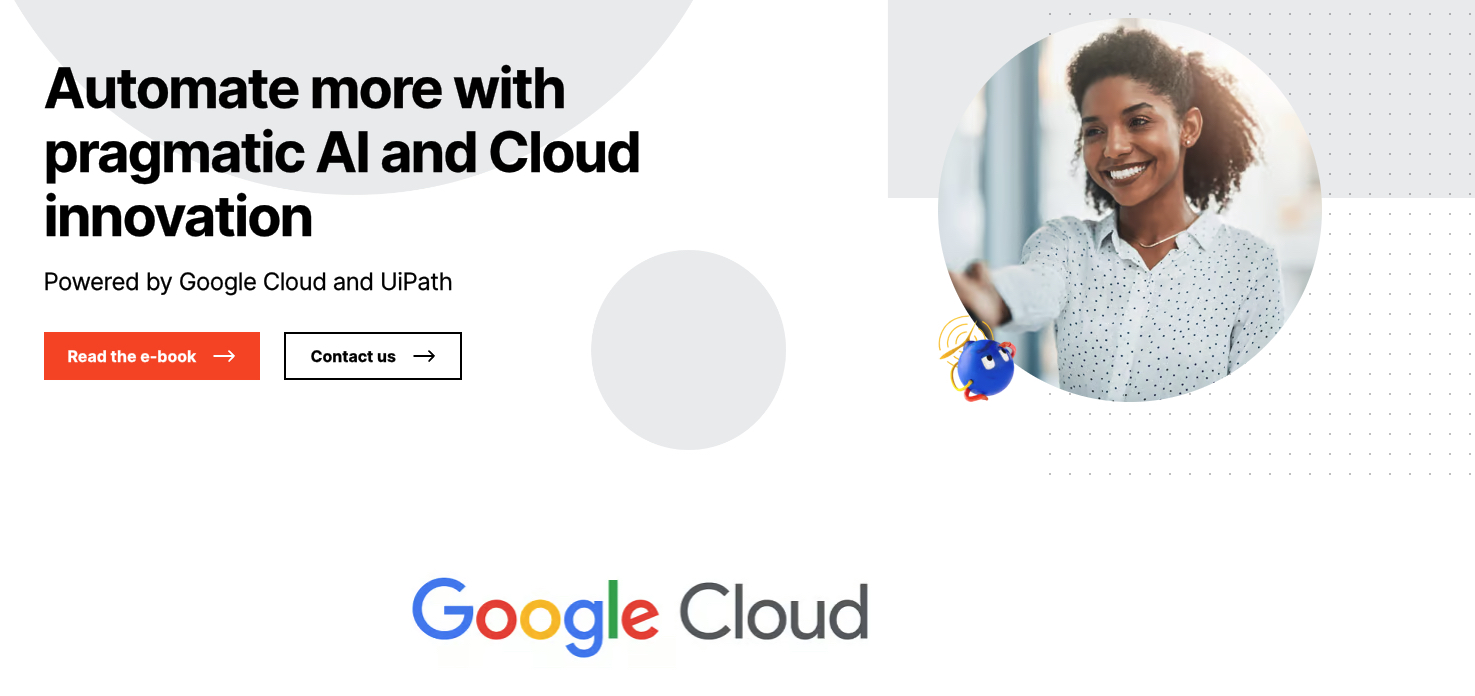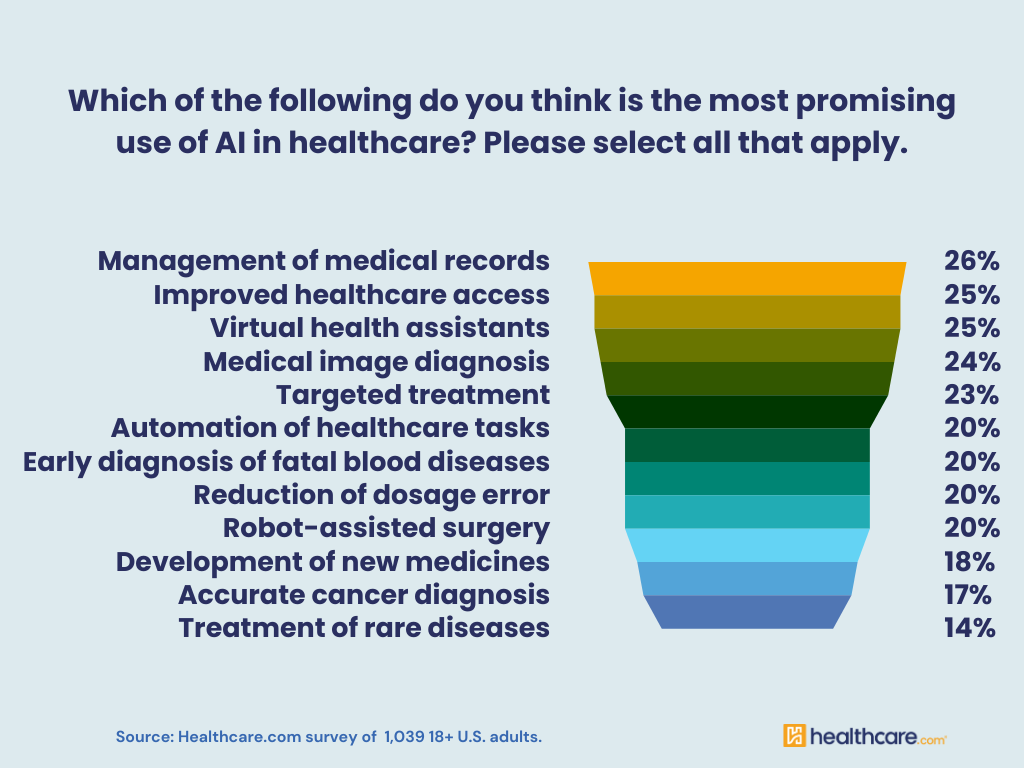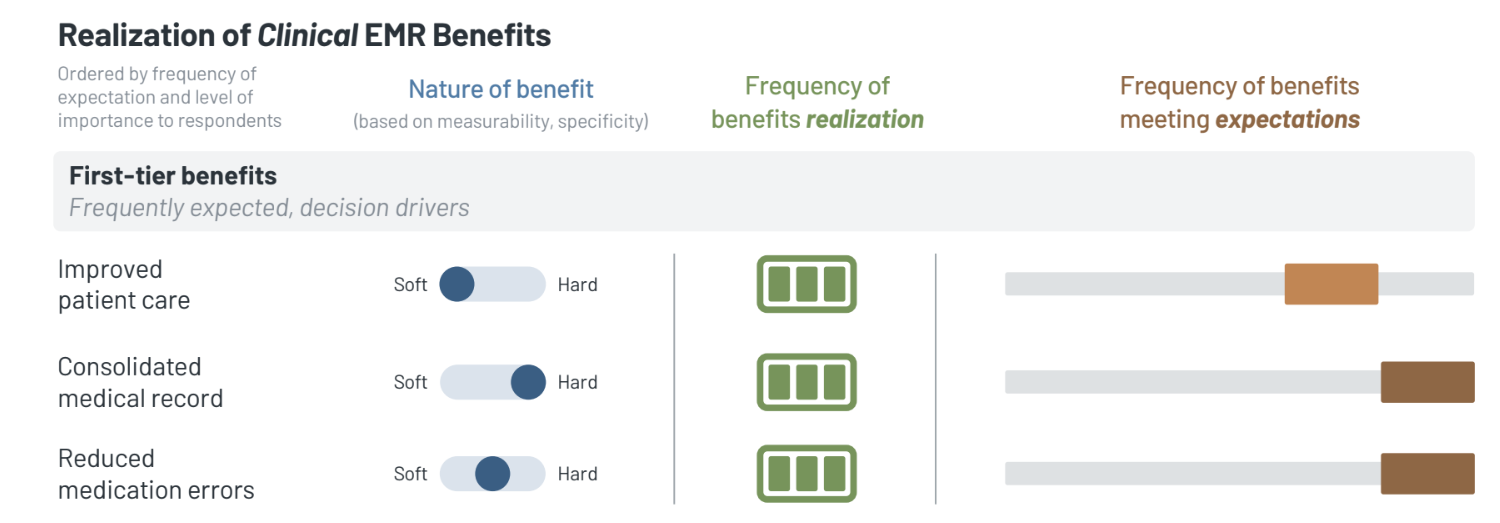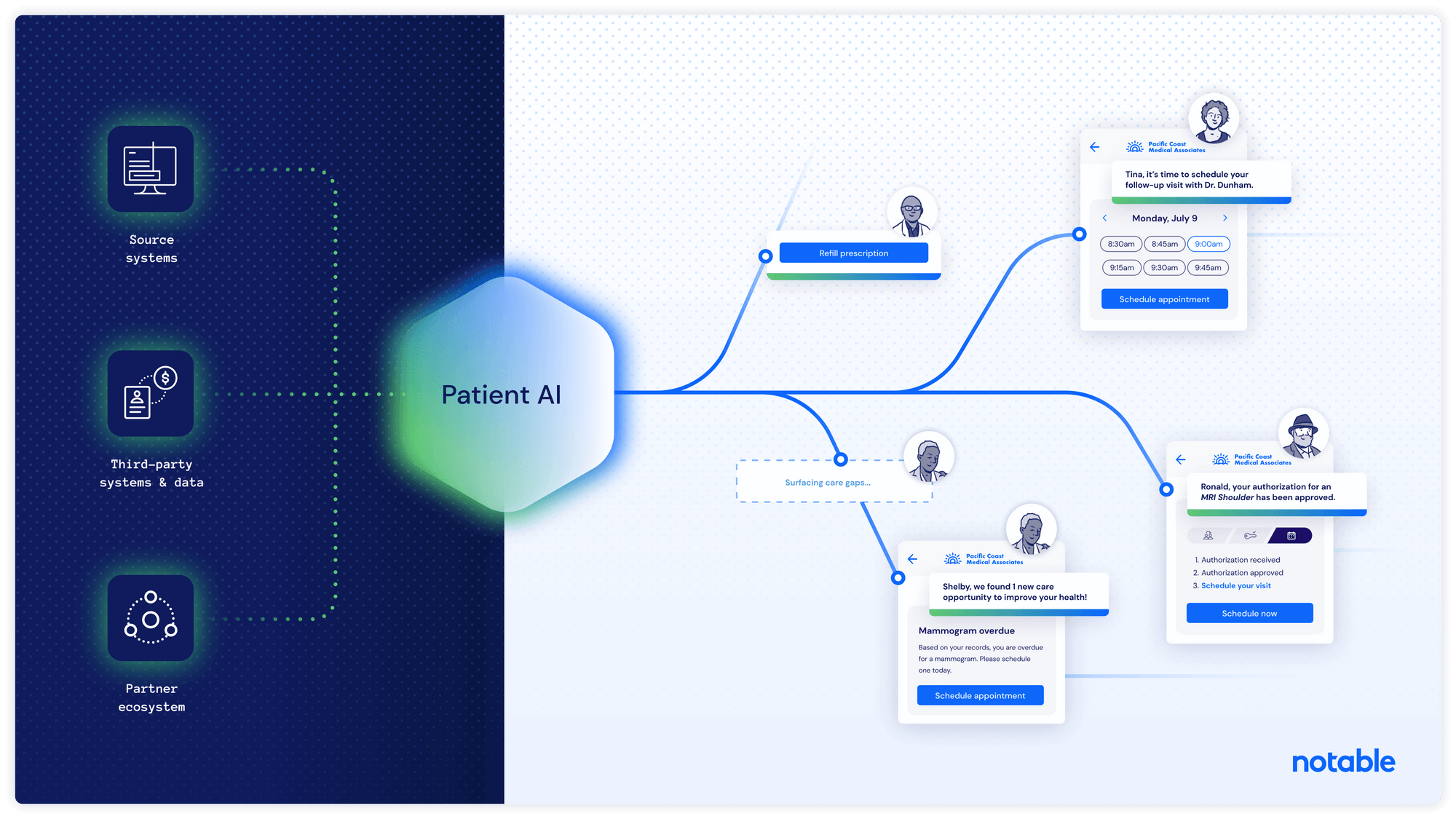What You Should Know:
- UiPath, an enterprise automation and AI software company, has unveiled its new generative AI-based UiPath Medical Record Summarization agent at Google Cloud Next 2025.
- Powered by Google Cloud's Vertex AI and Gemini models, the platform is designed to transform how payer and provider organizations handle medical documents.
UiPath Medical Record Summarization AI Agent
Currently in private preview, the UiPath Medical Record Summarization AI agent
Read More
Medical Records | Health Information Management | Revenue Cycle Management
RadNet Embraces AI-Powered Medical Coding with Maverick Medical AI Partnership
What You Should Know:
- Maverick Medical AI, a provider of an innovative and autonomous AI-powered medical coding platform forms a strategic partnership with RadNet, Inc., a national provider of free-standing, fixed-site radiology diagnostic imaging services in the United States.
- This groundbreaking partnership will integrate Maverick's Autonomous Medical Coding platform into RadNet's extensive network of imaging centers, paving the way for significant advancements in revenue cycle
Read More
Recent Digital Health Strategic Partnerships Roundup: Unite Us, careMESH, CareCloud, Others
St. Joseph’s Health Enhances Provider Communications with careMESH’s Healthcare Directory and User-Friendly Messaging Services
New Jersey-based St. Joseph’s Health partners with careMESH to significantly expand the health system’s clinical communications reach to all community physicians, including digital access to electronic medical records. Using careMESH, St. Joseph’s will focus on several key areas, including:
Streamlining external communications with community physiciansReducing
Read More
45% of U.S. Adults Say AI In Healthcare Is Trustworthy, 20% Note Privacy Of Health Data Violated
What You Should Know:
Healthcare.com polled over 1,000 U.S. adults in a healthcare tech survey and found:
20% of Americans say the privacy of their health data has been violated45% say AI in Healthcare is TrustworthyAmong 8 possible AI uses in healthcare, the top three reported by pollees are :Virtual health assistants (33%), targeted treatments (30%), and diagnosis of blood diseases (21%)Among 12 possible
Read More
Closing Racial Disparities in Patient Portal Usage
Over the last decade, the healthcare industry has experienced an explosion of digital innovation. Simultaneously, shifting consumer preferences around convenience and access to care has accelerated the pace of technology adoption at unprecedented speed, especially in the wake of the pandemic.
The value of these digital tools is manifold: healthcare enterprises report increased operational efficiency, higher quality care delivery, cost savings, and the potential to deliver a more
Read More
What Is A HIPAA-Compliant Infrastructure?
U.S. healthcare companies must comply with the data security and privacy standards defined by the Health Insurance Portability and Accountability Act of 1996 (HIPAA). The purpose of the legislation is to safeguard the privacy and security of protected health information (PHI) and electronic protected health information (ePHI). Failure to comply with HIPAA regulations can result in serious financial fines and reputational damage.
What Determines HIPAA Compliance?
Organizations
Read More
KLAS: Global (Non-US) EMR Benefits 2023
What You Should Know:
As electronic medical record (EMR) adoption grows worldwide, healthcare organizations considering this digital transformation all have the same question: what benefits can we really expect to receive from implementing an EMR?KLAS interviewed leaders at 36 non-US healthcare organizations—12 of which are HIMSS Level 6 or 7—to learn about their journey to realizing benefits from an EMR implementation. Their latest report summarizes their insights, including what
Read More
6 Ways Health Payors Can Leverage Intelligent Document Processing for Cost Savings
The prevailing global economic conditions are negatively impacting the healthcare industry. Continuing staff shortages, endemic COVID-19, high inflation rates, and supply chain disruptions continue to drive medical costs higher, worsening what is already a persistent challenge for health insurers.
To offset rising healthcare costs, health insurance payors are challenged to find ways to contain their own costs by streamlining their processes and tightening their belts, which invariably
Read More
Duped by Data? Here’s Why EMRs Are Antiquated & Outdated in Today’s Hospital
Electronic medical records (EMRs) - software systems where physicians, nurses, and other healthcare workers store, retrieve, and act on clinical data - are fundamentally broken. This sentiment is so widely shared among healthcare workers that it has become almost trite to point it out. Patients feel it too - we’ve lost count of the number of times we’ve heard “isn’t it in my chart?” when we ask a question during a clinical visit.
Unfortunately, the vast majority of EMRs do not facilitate
Read More
Notable Leverages GPT to Automate Patient Front Office Experience
What You Should Know:
Notable, an intelligent automation company for healthcare, launches Patient AI, a solution leveraging large language models (LLMs) and GPT (the technology powering ChatGPT) to bring personalization at scale to healthcare.Using GPT to scan existing clinical documentation, this tech can detect missed diagnoses, identify lapsed insurance cards, incorrect addresses, eligible clinical trials, or costly care gaps in real-time across an entire patient population.
How
Read More










